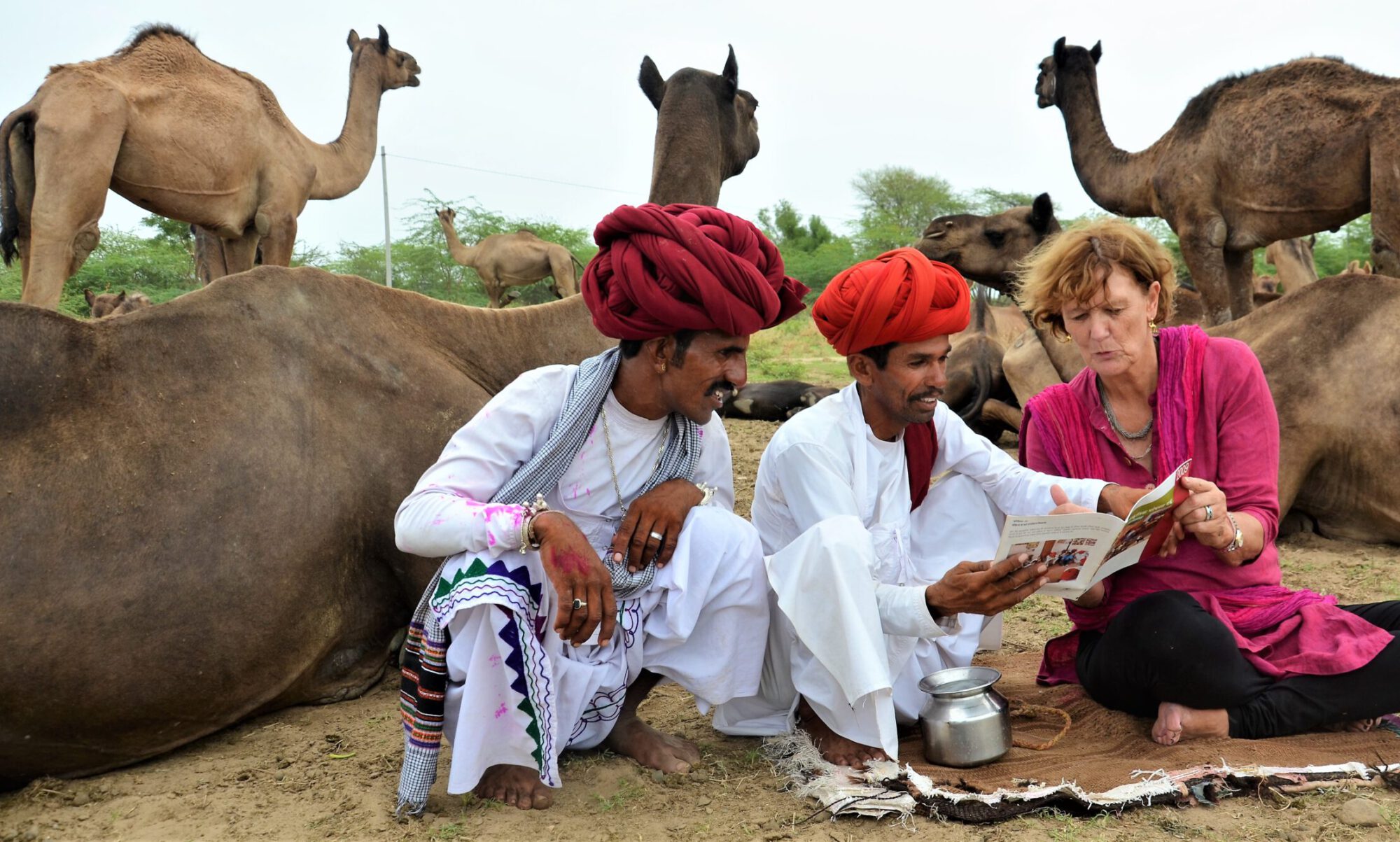On the way to the Global Livestock Sustainability Conference in Thailand, I picked up a copy of the book “The Mystery of capital” by Peruvian economist, Hernando de Soto. In it he describes how the concept of capital (which meant cattle or livestock in Medieval Latin) was derived from livestock – a movable, low-maintenance asset that is self reproducing. His description is dead-on, and pastoralists certainly have capitalized on the savings and asset function of their livestock. I have often observed that they dont need credit since they can always generate cash by selling a few animals. However, in the course of the Livestock Revolution, livestock seems to turn into a source of liabililtes: significant investments are required in order to enter the industrial mode of production. Farmers are required to take up loans for erecting the housing for the animals. Since they have no control over either input or product prices, they tend to end up heavily indebted with no opportunity the debt cycle. This is described for Thailand by Isabelle Delforge in her study of pig and poultry contract farming, as well as by various sources for the United States. It wold seem that this situation very much affects the “sustainability fo the livestock sector”, since it locks farmers/livestock keepers into a straight jacket that prevents them from adapting to changing economic situations.
Sustainability of the livestock sector
The FAO is worried about the global sustainability of the livestock sector – which it should be. It is preparing to launch a “Global Agenda of Action in support of responsible livestock sector development. The focus appears to be on “resource efficiency” and environmental aspects. However such an approach would neglect equally important angles of livestock, such as social implications and livelihood issues, as well as the animal welfare perspective. We urgently need a holistic approach that scrutinizes the direction that livestock development has taken in the last few decades. The effects of the Livestock Revolution in the countries where it has hit the hardest, such as China and Brasil, are now becoming apparent – they include loss of rural livelihoods and outmigration to the cities.
In order to make the livestock sector sustainable, we need a radical rethink and thrive for decentralisation instead of further concentration and ever bigger livestock holdings. We need Livestock Keepers’ Rights instead of a further expansion of the Livestock Revolution. I have expanded a bit on that in a recent article published in Ecology and Farming.

 Follow
Follow